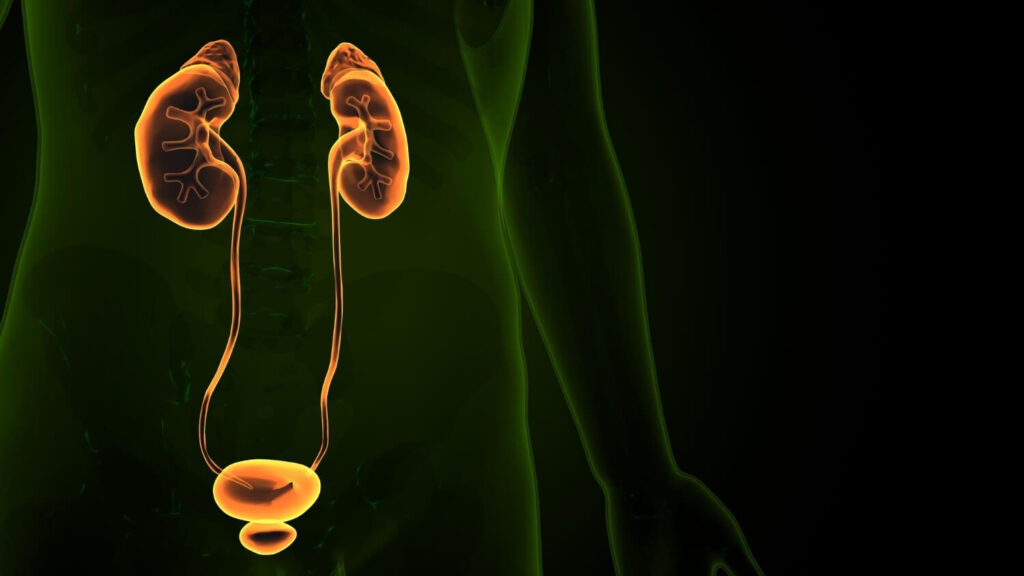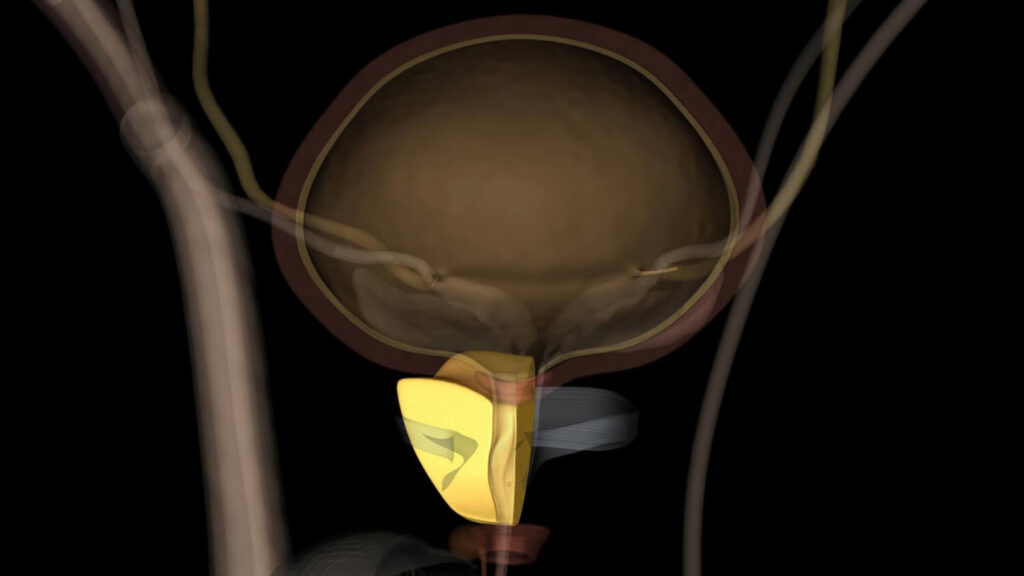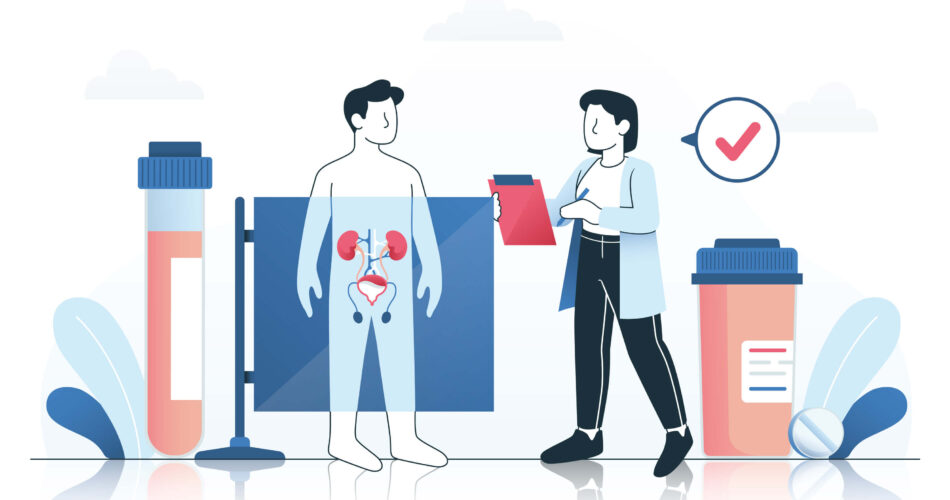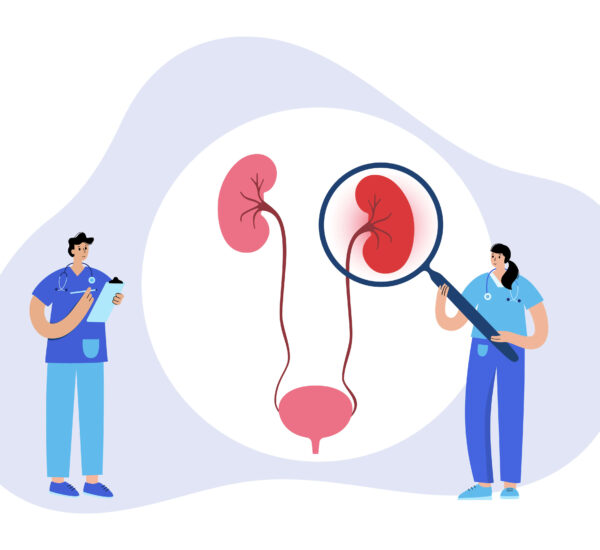Infection of the urinary tract is a common condition that patients develop over the years. It is mainly caused by bacteria, such as escherichia coli or e coli. Although, some cases can still be managed through little health intervention. However, there are cases where a thorough medical attention is needed, which applies in complicated urinary tract infection (UTI).
In this article, we’ll discuss more about this challenging condition, especially how crucial it is to understand and seek immediate health intervention. Explore the different contributing factors and uti symptoms to ensure overall urinary health. If you or someone you know is experiencing recurrent or persistent UTI, this article will offer valuable insights. Let’s begin!
What is Complicated UTI?

A complicated UTI refers to an infection that occurs in individuals with certain risk factors, making it more difficult to treat compared to a simple UTI. While simple UTI typically involves the bladder and urethra, complicated UTI involves not only these parts but can also extend into the kidneys and other parts of the urinary system.
The infection occurs in the bladder, urethra, ureters, and kidneys. When a UTI becomes complicated, it implies the presence of an underlying condition that makes the infection more challenging to manage. Furthermore, it is commonly associated with structural abnormalities in the urinary tract or underlying health conditions.
Differentiating Between Simple and Complicated UTIs
Distinguishing between simple and complicated UTIs is crucial for effective treatment. In a simple UTI, the infection occurs in an otherwise healthy individual without any anatomical abnormalities. On the other hand, complicated UTI occur in individuals with pre-existing conditions or anatomical abnormalities that increase the risk of infection and hinder effective treatment.
Diagnosing a complicated UTI often involves a thorough medical history review, physical examination, and laboratory tests. The healthcare provider may inquire about the patient’s medical history, including any underlying health conditions or previous urinary tract abnormalities.
In terms of treating a complicated UTI, it typically involves a longer course of antibiotics compared to a simple UTI. The choice of antibiotics may depend on the specific bacteria causing the infection and its susceptibility to different medications. In some cases, hospitalization may be necessary, especially if the infection has spread to the kidneys or if the individual has severe symptoms and requires intravenous antibiotics.
Causes of Complicated UTI
There are various causes that contribute to the development of complicated UTI. These factors can vary from person to person. If you are diagnosed with this condition and are wondering why, the list below might provide an answer. Let’s begin!
Underlying Health Conditions
Individuals with certain health conditions, such as diabetes, kidney stones, bladder dysfunction, or immune system disorders, are more prone to developing complicated UTI. These conditions weaken the immune system’s ability to fight off infections, making it easier for bacteria to invade the urinary tract and cause complications.
Diabetes
Individuals with diabetes often have high blood sugar levels, which can impair the immune system’s response to infections. This can create an environment where bacteria can thrive and lead to the development of complicated UTI.
Kidney Stones
On the other hand, this obstruction in the flow of urine can result in the multiplication of bacteria. Thus, it can increase the risk of infection and the development of complicated UTI.
Bladder Dysfunction
Another possible cause of UTI is bladder dysfunction. It involves incomplete bladder emptying or urinary retention, which can also contribute to the development of complicated UTI. When the bladder does not empty fully, urine may remain in the bladder for longer periods, providing a breeding ground for bacteria.
Autoimmune Disease
Immune system disorders, such as HIV/AIDS can weaken the body’s defenses against infections. This can make individuals more susceptible to developing complicated UTIs and experiencing more severe symptoms.
Anatomical Abnormalities
Aside from underlying conditions, structural abnormalities can also cause problems in the urinary tract. Urinary obstructions can increase the risk of developing complicated UTI. These abnormalities disrupt the natural flow of urine, creating an environment that promotes bacterial growth and infection.

Urinary Obstructions
It can be caused by conditions like enlarged prostate in men or pelvic organ prolapse in women. These obstructions can prevent the complete emptying of the bladder, leading to the accumulation of urine and increased risk of infection.
Vesicoureteral Reflux
On the other hand, this abnormality allows urine to flow back from the bladder into the kidneys. This reflux can introduce bacteria from the bladder into the kidneys, increasing the likelihood of complicated UTI and potential kidney damage.
Other Anatomical Abnormalities
Meanwhile, urethral strictures or urinary diversions, can also contribute to the development of complicated UTI. These abnormalities can disrupt the normal flow of urine and create pockets where bacteria can thrive.
Symptoms of Complicated UTI
Recognizing the symptoms of a complicated UTI is essential to seek timely medical attention and prevent further complications. Individuals with the condition may experience symptoms similar to those of simple urinary tract infection, such as:
- frequent urination,
- strong urge to urinate
- pain or burning during urination
- cloudy or bloody urine
- lower abdominal or back pain.
However, in complicated cases, the symptoms are often more severe and may persist despite initial treatment. It is important to note that complicated UTI can present with additional symptoms that are not typically seen in simple UTI. These symptoms may include systemic symptoms indicating that the infection has spread beyond the urinary tract and may require more aggressive treatment.
Here are some of the symptoms:
- fever
- chills
- nausea
- vomiting
- fatigue
- kidney stones
- bladder dysfunction
- weakened immune system
When to Seek Medical Attention

If you suspect you have this type of urinary tract infection, it is crucial to seek medical attention promptly. This is especially important if you have a pre-existing health condition or anatomical abnormalities that increase the risk of complications. Ignoring or delaying treatment can lead to kidney infection, potentially causing severe kidney damage or bloodstream infections.
It is worth noting that certain populations are more susceptible to complicated UTI. For instance, pregnant patients and postmenopausal women are at an increased risk due to hormonal changes that affect the urinary tract, making it more prone to infections. Additionally, individuals with diabetes, recurrent UTIs, weakened immune systems, or those who have recently undergone urinary tract procedures or surgeries have higher risk to develop this condition.
In some cases, a complicated UTI may require hospitalization for intravenous antibiotics and close monitoring. This is particularly true for individuals with severe symptoms or even conditions like recurrent UTI, simple cystitis, renal tract calculi, diabetes mellitus, etc. Hospitalization ensures that the infection is effectively treated and any potential complications are promptly addressed.
Diagnosis of Complicated Urinary Tract Infection
Accurate diagnosis is vital to effectively manage complicated UTI. Healthcare professionals like urologists employ various methods to diagnose and assess the severity of the infection. Let’s discuss the process for diagnosing this condition.
Medical History and Physical Examination
During the initial evaluation, the healthcare provider will inquire about the medical history, including any underlying health conditions or anatomical abnormalities. This information is crucial in understanding the potential risk factors that may contribute to the development of a complicated UTI.
Additionally, a physical examination may also be conducted to assess for signs of infection or structural abnormalities in the urinary tract. The healthcare provider may palpate the abdomen to check for tenderness or swelling, which could indicate an infection in the kidneys or bladder. They may also perform a pelvic exam in women to evaluate the health of the reproductive organs, as certain conditions can increase the risk of developing a complicated UTI.
Laboratory Tests and Imaging
Urinalysis is a common laboratory test used to examine urine for the presence of bacteria, red blood cells, white blood cells, and other markers of infection. This test provides valuable information about the nature and severity of the UTI. By analyzing the urine sample, healthcare professionals can determine the presence of bacteria, which is a strong indicator of an infection. Furthermore, the presence of red and white blood cells can indicate inflammation and the body’s immune response to the infection.
In addition to urinalysis, urine culture and sensitivity tests may be performed to identify the specific bacteria causing the infection and determine its susceptibility to different antibiotics. This information is crucial in guiding the choice of appropriate antibiotic therapy, as some bacteria may be resistant to certain antibiotics.
In certain cases, imaging studies such as ultrasound, CT scan, or MRI may be ordered to assess the structure and function of the urinary tract. These imaging modalities provide detailed images of the kidneys, bladder, and ureters, allowing healthcare professionals to identify any structural abnormalities or blockages that may contribute to the development of a complicated UTI. Additionally, imaging can help determine the extent of the infection and guide further treatment decisions.
Treatment Options for Complicated UTI
Treating complicated UTI requires a comprehensive approach, addressing both the infection and any underlying conditions or anatomical abnormalities. The following treatment options may be considered:
Antibiotic Treatment
Antibiotics play a crucial role in managing complicated UTI by eliminating bacterial invasion. However, the choice of antibiotics may vary based on the specific bacteria causing the infection and their susceptibility to certain medications. In some cases, a longer course of antibiotics or intravenous administration may be necessary to effectively clear the infection.
Surgical Interventions
In cases where anatomical abnormalities contribute to the development of complicated UTI, surgical interventions may be required. These procedures aim to correct the underlying issues, restore normal urinary flow, and reduce the risk of recurrent infections. Surgical options may include ureteral reconstruction, bladder repair, renal transplantation, or the removal of kidney stones.
Management of Urinary Tract Infections

Aside from the treatment options, it is also essential to ensure to follow better lifestyle choices to avoid the recurrence of infection. By not following the recommended treatment by the doctor, the longer courses of treatment may occur.
To better manage the condition, here are some of the recommended tips patients can apply aside from the treatment plan.
Change Diet
Managing complicated UTIs involves a holistic approach that goes beyond medical treatment. Dietary changes, such as increasing water intake and avoiding irritants like caffeine, along with lifestyle adjustments like regular exercise and stress management techniques, can significantly improve outcomes. By incorporating these tips alongside your doctor’s treatment plan, you can better manage and prevent recurrent infections for a healthier urinary tract.
Change Lifestyle Choices
Making positive lifestyle changes can significantly impact the management and prevention of complicated UTIs. Along with medical interventions, adopting healthy habits can help reduce the likelihood of recurrent infections. Incorporating regular exercise into your routine can boost your immune system and improve overall health.
Furthermore, stress management techniques such as yoga or meditation can also play a crucial role in reducing the risk of UTI as it strengthens the body’s defense mechanisms. At the same time, choosing hygiene practices like wearing breathable cotton underwear and practicing good bathroom habits are also essential steps towards maintaining urinary tract health. By combining all of these lifestyle modifications, you can ensure better urinary health.
Final Takeaway
Understanding complicated UTI is essential for identifying the suitable treatment plan and management action. With this crucial information, the patient suffering from an infection can be one step ahead towards a better overall health. That’s because, being familiar with the basics of this condition helps the patients to avoid certain triggers that may increase their probability of having the disease. So, recognizing the risk factors, symptoms, and available treatment options, individuals affected by complicated UTIs can take proactive measures to manage their condition effectively
If you suspect you have a complicated UTI or have any concerns, it is recommended to consult with a healthcare professional for accurate diagnosis and personalized care. Book an online consultation or meet with a urologist by visiting a local health center today!



